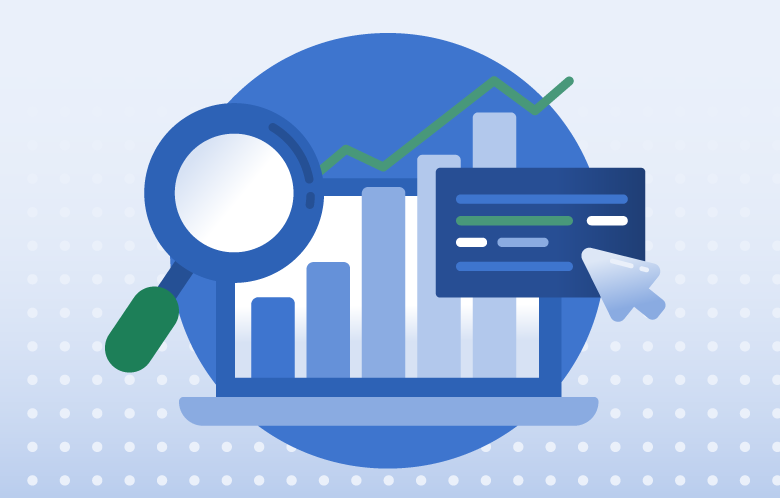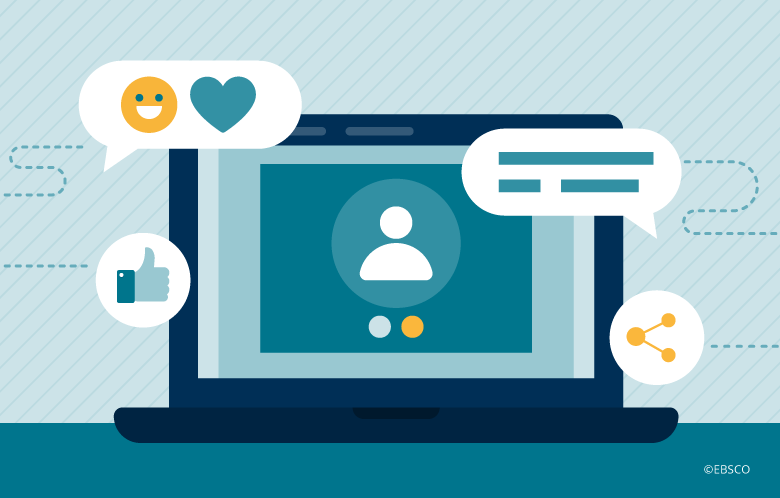Libraries have long been the cornerstone of community learning, offering access to a wide range of information resources. Databases are among the most valuable assets in the library’s collection. However, some librarians might not prioritize promoting them due to their complexity and the challenge of explaining them quickly or simply. Librarians also might be more focused on promoting physical resources or in-person services.
However, marketing the databases available in your library collection is essential because it can alert your patrons to resources that they might not know about — resources that can help them stay informed about the latest topics and issues, complete research projects for school or college, conduct market research for business, explore historical archives, find legal reference materials and consumer health information, and learn new skills.
Here are seven reasons why you should actively market your library databases:
1. Enhanced Access to Trustworthy Information
Full-text databases provide instant access to a wealth of credible information, including popular magazines, academic journals, newspapers, primary sources and e-books. Promoting library databases highlights your commitment to making information accessible to everyone, including remote users and those who prefer digital resources.
2. Search Efficiency
Databases offer powerful search tools for narrowing results, allowing users to quickly find the information they want or need. This is in contrast to commercial search engines, which often provide a vast amount of unfiltered information.
3. Increased Engagement
Modern library users expect more than just physical books. By marketing databases, your library can attract a wider audience, including students and researchers who seek comprehensive digital resources. Increased engagement can lead to higher library usage and a more diverse user community.
4. Cost-Effectiveness and ROI
Libraries invest significant funds in subscribing to full-text databases. By increasing database usage, you can optimize the value you get from your database subscriptions and increase the return on your library’s investment.
5. Competitive Advantage
In an era where information is abundant yet often locked behind paywalls, libraries differentiate themselves by offering free access to high-quality full-text databases. This competitive edge can attract new patrons who might otherwise turn to expensive alternatives, reinforcing the library’s role as a vital, cost-effective resource.
6. Support for Lifelong Learning
Library databases are invaluable for academic, personal and professional growth. Through marketing, you can teach users how to browse and search databases, improving their research skills and digital literacy. Promoting these resources positions your library as a key partner in education and career advancement and fosters a culture of continuous learning.
7. Value Proposition
Marketing full-text databases allows libraries to showcase the tangible value they provide to the community. By highlighting the breadth and depth of your database collection, you’ll be able to justify funding and support from stakeholders and continue to meet the evolving needs of users.
Marketing your library databases is an ongoing effort that requires creativity and a keen understanding of your audience. With the right approach — awareness campaigns, user education and highlighting the unique features and benefits of library databases, you can transform these hidden gems into frequently used resources that support research, learning and the lifelong pursuit of knowledge.



